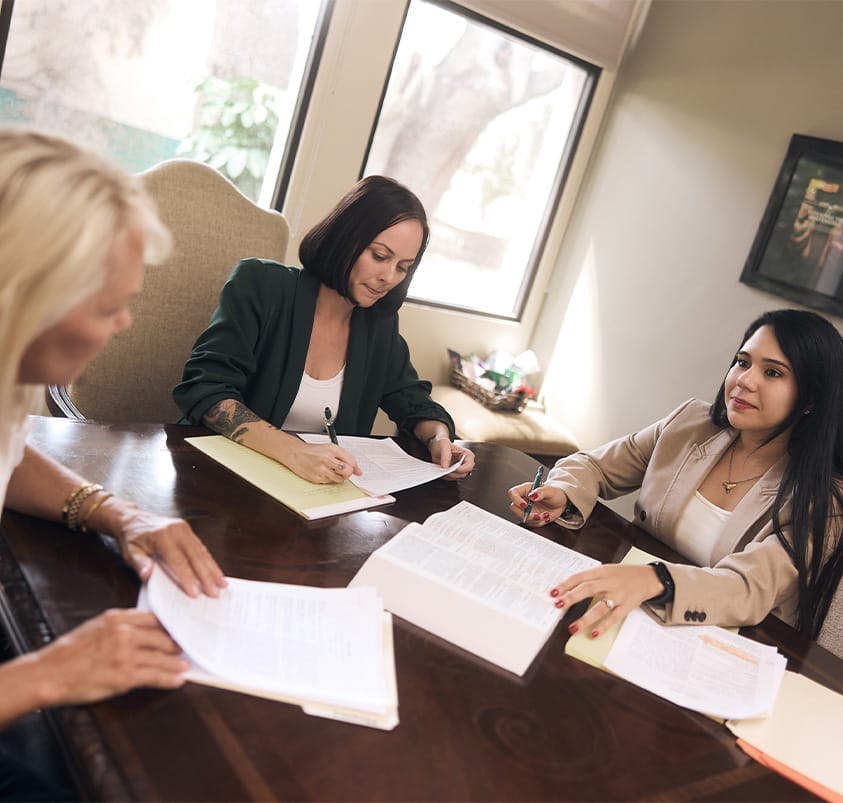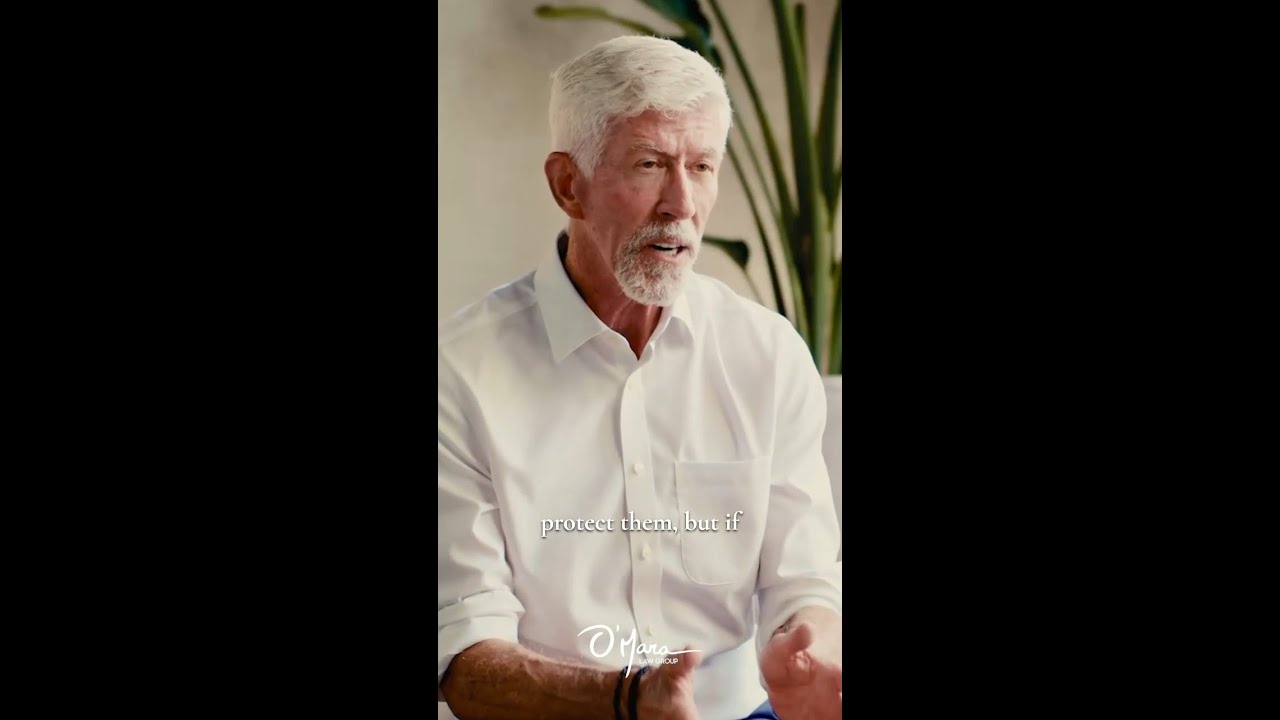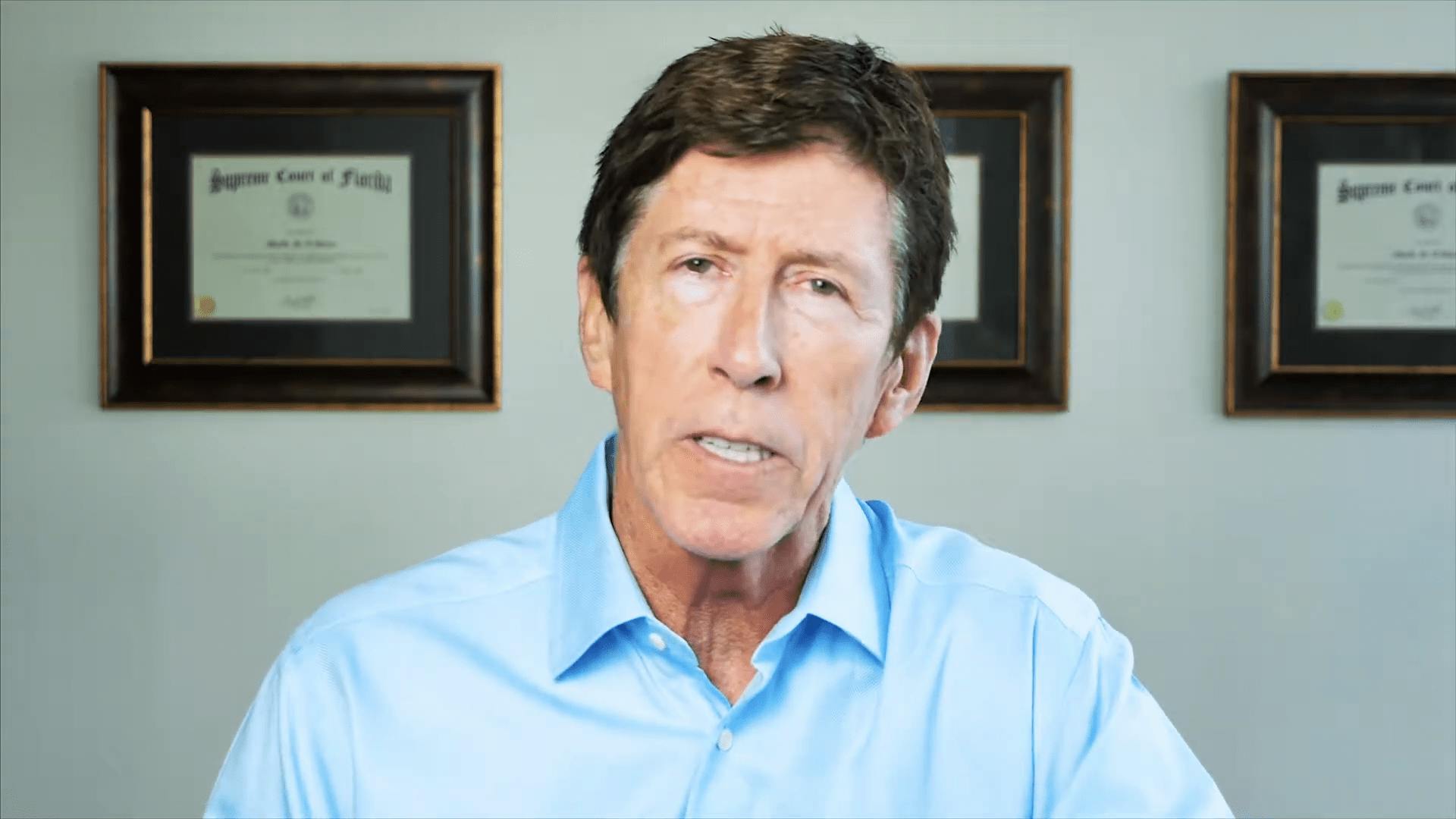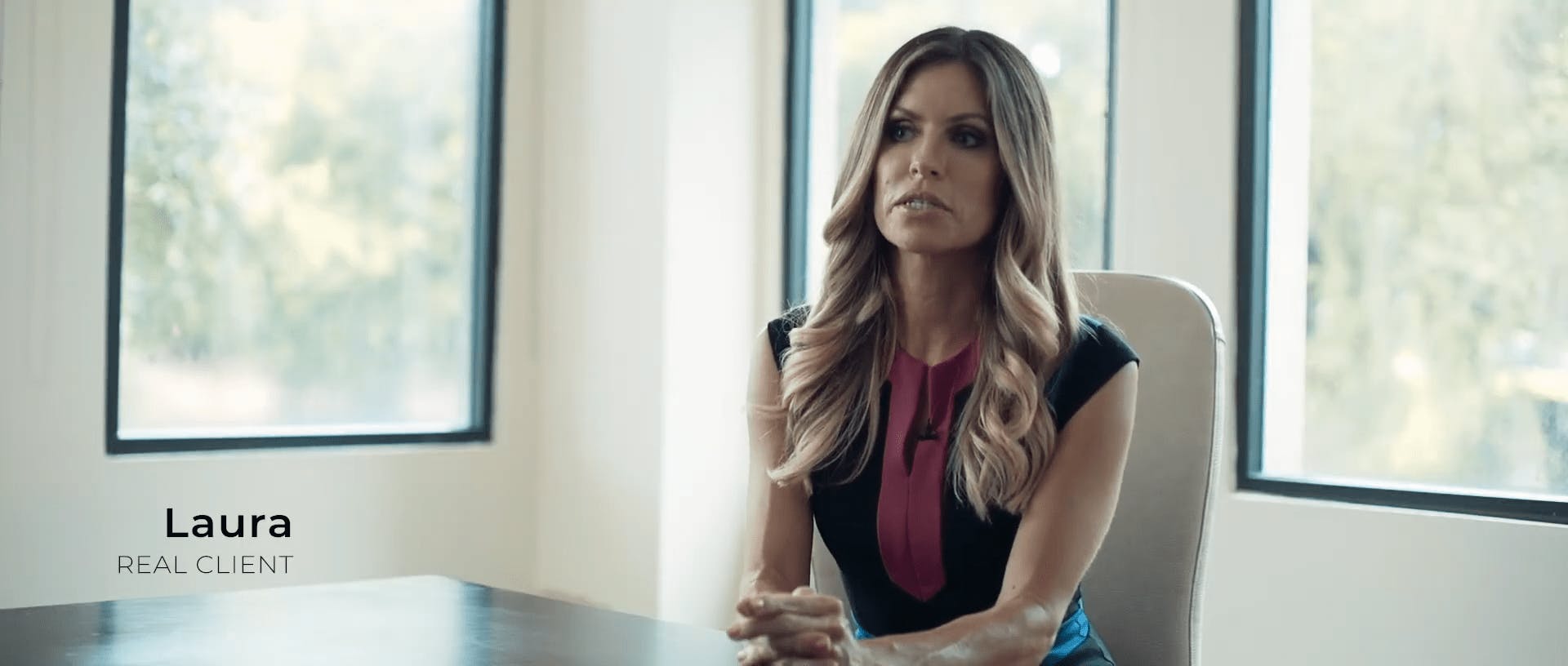The divorce process can be a difficult and emotionally taxing one. The experienced team at the O’Mara Law Group is here to offer you the compassion and expertise you need to move forward in peace.
Divorce Overview
Understanding Divorce With Mark O'Mara
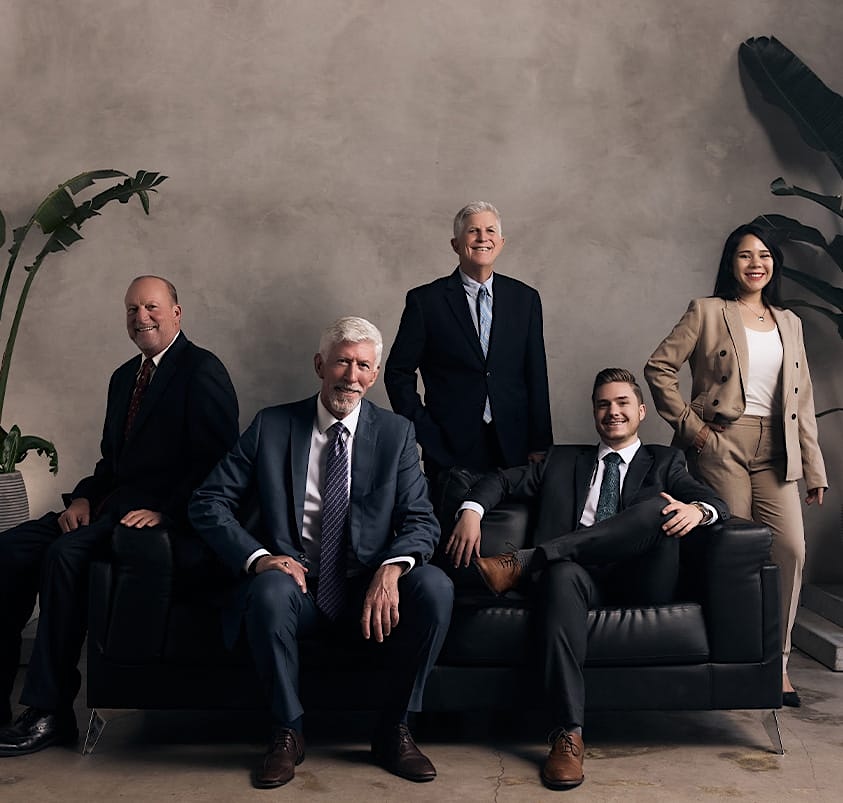
Why Choose the Orlando Divorce Lawyers at O'Mara Law Group?
Divorce is a complex legal process requiring spouses to contend with their differences as they try to agree on terms. If they cannot, a judge will make key decisions for them. Florida has various rules and procedures governing divorces, and any deviations can be time-consuming and costly. The experienced O'Mara Law Group divorce lawyers in Orlando can provide clarity during what may be an uncertain time in your life. Our award-winning lawyers have decades of combined experience handling complex divorce cases:
- Founding partner Mark O'Mara is one of the few lawyers in Florida who is board-certified in Criminal Trial Law and Marital and Family Law. He is also certified in Collaborative Law and is a Florida Supreme Court-Certified Family Mediator and Circuit Civil Mediator.
- We have been recognized as Super Lawyers and Top 100 Trial Lawyers for our client-focused approach and dedication to excellent service.
Where possible, we embrace non-adversarial collaborative divorce strategies, such as mediation, to minimize stress and expense for all parties involved. Reach out to O'Mara Law Group today to schedule your consultation.
Frequently Asked Questions
Florida has very specific laws governing various aspects of divorce. These are some of the more common questions our Orlando divorce lawyers receive from our clients.
What are the grounds for divorce in Florida?
Florida is a no-fault divorce state. One party can file a petition if the marriage is “irretrievably broken.” If the other party agrees, the judge generally proceeds with the dissolution. However, if the other party contests the divorce or if there is a minor child involved, the judge could also potentially order a period of counseling to try to fix the marriage.
What are Florida’s residency requirements for divorce?
For a couple to divorce in Florida, at least one of the parties must have lived in the state for at least six months before filing a petition.
Is there a waiting period for divorces in Florida?
There is a 20-day waiting period after filing for divorce. A judge may also order continuances based on whether the marriage is irretrievably broken or if a minor child is involved. Unlike many states, Florida does not recognize “legal separations.”
How is marital property divided in Florida?
Florida is an equitable division state, meaning marital property is divided in a manner deemed “fair” by the judge. This does not necessarily mean that everything will be divided 50/50. Therefore, it is even more important that spouses seek high-quality legal representation in a Florida divorce, especially if it is contested.
How long does it take for an Orlando divorce to be finalized?
The time it takes for a judge to finalize your divorce will depend on various factors, including the complexity of your marital assets, whether children are involved, and to what extent you and your soon-to-be ex-spouse disagree on key divorce issues. Mediated divorces may resolve within a few months. A litigated divorce could take longer. In particularly difficult cases, it may last over a year.
How much does a divorce lawyer cost?
Your initial consultation with O’Mara Law Group is free. We will then work with you on a fee agreement that covers the time we spend on your case and the cost of filing paperwork associated with your divorce.
A highly contested divorce could take a long time and cut into marital assets. An uncontested divorce or one resolved in mediation is generally less expensive.
No matter the circumstances, we are committed to providing high-quality legal services and guarantee transparent billing practices. We will be available throughout the life of your case to answer questions and make sure you know how things are progressing.
Collaborative Divorce
Learn MoreContempt & Enforcement
Learn MoreContested Divorce
Learn MoreDivorce Modifications
Learn MoreDivorce FAQ
Learn MoreHigh Asset Divorce
Learn MoreLGBT Same Sex Divorce
Learn MoreMediation
Learn MoreMilitary Divorce
Learn MoreParental Relocations
Learn MorePrenuptial Postnuptial Agreements
Learn MoreProperty Division
Learn MoreUncontested Divorce
Learn MoreAlimony
Learn MoreCheck Out These Divorce Blogs
The Law on Recording Your Spouse During Divorce
Spouses often think they can reveal their spouse’s true nature by recording them when they are behaving badly. Before you get ready to record, however, there are some things you should know about Florida law.
Read more about The Law on Recording Your Spouse During DivorceHow to File for Divorce in Florida
The decision to file for divorce is typically an emotional one, but the divorce process in Florida requires a degree of objectivity while you make important decisions that could impact you, your spouse, and your children for life. Decisions about the division of assets, custody of children, and the disposition of the marital home must be made before the divorce can be finalized.
Read more about How to File for Divorce in Florida
